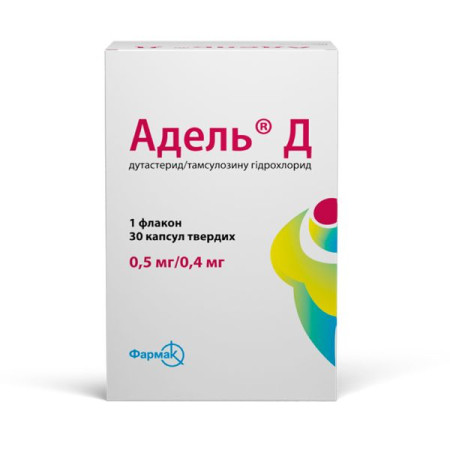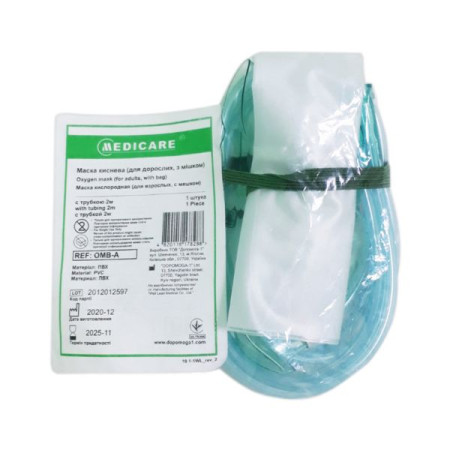Almiba oral solution 100 mg/ml bottle 10 ml No. 10

Almiba is used to treat primary and secondary carnitine deficiency in adults and children, including newborns and infants. Secondary carnitine deficiency in patients undergoing hemodialysis.
Suspicion of secondary carnitine deficiency in patients undergoing hemodialysis in the following cases:
Severe and persistent muscle spasms and/or hypotensive episodes during dialysis; Energy deficit leading to significant negative impact on quality of life; Muscle weakness and/or myopathy; Cardiopathy; Anemia unresponsive to erythropoietin treatment or requiring high doses of erythropoietin; Muscle wasting.Composition
Active ingredient: levocarnitine;
1 ampoule (5 ml) contains levocarnitine - 1 g
Excipients: hydrochloric acid, water for injections.
Method of application
The drug is administered intravenously slowly over 2-3 minutes.
Use in congenital metabolic disorders. During therapy, it is advisable to monitor the level of carnitine and acylcarnitine both in blood plasma and urine. The required dose depends on the specifics of the congenital metabolic disorder and the severity of the disease. In case of acute decompensation, the recommended dose may be up to 100 mg/kg per day in 3-4 injections. If necessary, higher doses can be used, although side effects, in particular diarrhea, may increase.
Secondary carnitine deficiency in patients undergoing hemodialysis. Before starting therapy, it is necessary to monitor the level of carnitine in the blood plasma. Secondary carnitine deficiency is diagnosed when the ratio of acylcarnitine to free carnitine in the blood plasma is more than 0.4 and / or when the concentration of free carnitine is less than 20 μmol/l. A dose of 20 mg/kg should be administered intravenously by jet at the end of each dialysis session. The overall response should be determined by monitoring the levels of acylcarnitine and free carnitine in the blood plasma and assessing the patient's condition. Normalization of the carnitine content in muscle tissue and cardiomyocytes occurs approximately 3 months after reaching normal carnitine concentrations in the blood plasma. If the administration of carnitine is stopped, its levels will certainly begin to decrease again. The need for a re-saturation course of treatment is determined by quantitative determination of carnitine in blood plasma at regular intervals and by monitoring the patient's condition.
Hemodialysis - maintenance therapy. After a saturating course of levocarnitine administration, a maintenance dose of 1 g of the drug per day is used orally. On the day of dialysis, the drug is administered orally in a dose of 1 g immediately after the end of the next session.
Application features
Pregnant women
Considering the serious consequences of carnitine deficiency for a pregnant woman, the risk of interruption of treatment for the mother is considered greater than the theoretical risk to the fetus if treatment is continued.
Overdose
There have been no reports of toxicity of levocarnitine in overdose. Supportive therapy should be used to treat overdose. Large doses may cause diarrhea. Levocarnitine is readily removed from plasma by dialysis. Treatment: take measures to remove the drug from the digestive tract if ingested, and provide symptomatic and supportive therapy. No life-threatening cases of overdose have been reported.
Side effects
Mild gastrointestinal disturbances have been observed with long-term oral levocarnitine administration, including transient nausea and vomiting, abdominal pain, and diarrhea. Dose reduction often reduces or eliminates gastrointestinal symptoms. Body odor should be monitored during long-term oral levocarnitine administration (dose reduction reduces or eliminates drug-induced odor). When levocarnitine is administered with coumarin anticoagulants, an increase in the international normalized ratio (INR) is possible. Tolerability should be closely monitored during the first week of administration and after any dose increase. Intravenous administration of levocarnitine is usually well tolerated.
Interaction
Simultaneous use of glucocorticoids leads to the accumulation of levocarnitine in body tissues (except the liver). Other anabolic agents enhance the effect of Almiba.
In some cases, when taking levocarnitine with coumarin anticoagulants, an increase in the international normalized ratio (INR) is possible, so their simultaneous use requires caution. INR or other coagulation tests should be checked weekly until they stabilize, and monthly thereafter in patients taking anticoagulants together with levocarnitine.
Storage conditions
Store at a temperature not exceeding 25 °C out of the reach of children.
Shelf life - 4 years.
There are no reviews for this product.
There are no reviews for this product, be the first to leave your review.
No questions about this product, be the first and ask your question.
















